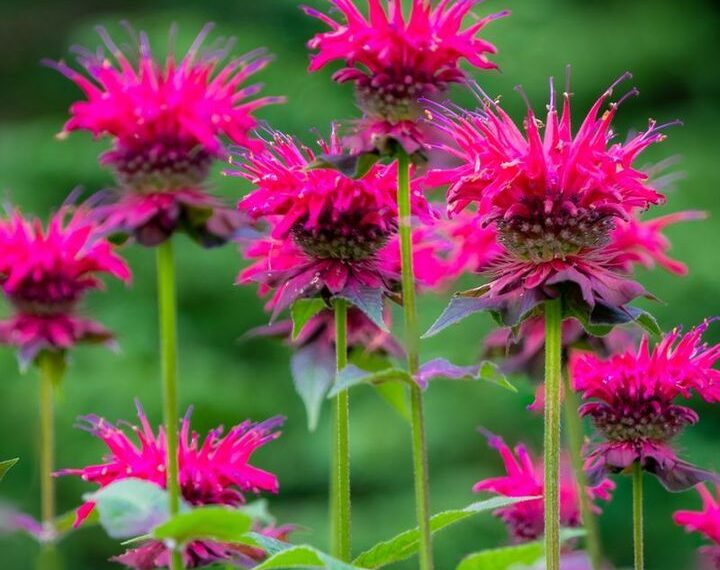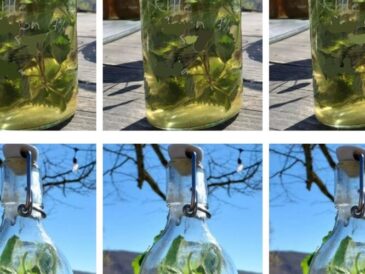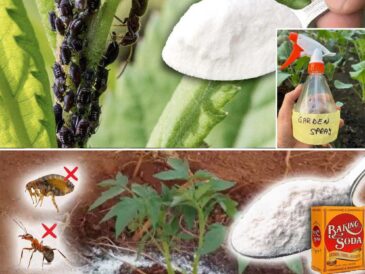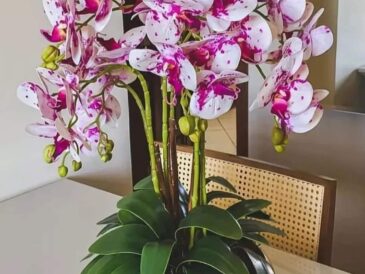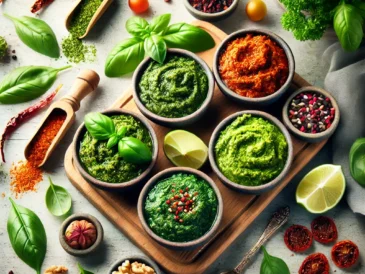For Your Garden:
- Improved pollination leads to higher yields of fruits and vegetables.
- These plants often deter pests naturally, reducing the need for chemicals.
For Wildlife:
- Helps endangered species like the Monarch butterfly and certain native bee species.
- Creates a sanctuary for migrating hummingbirds.
For You:
- Watching pollinators in action is relaxing and educational.
- A blooming garden filled with vibrant flowers enhances your home’s aesthetic appeal.
Caring for Your Pollinator Garden
Maintaining a pollinator-friendly garden requires thoughtful but straightforward care:
- Water Wisely: Deep watering encourages strong roots.
- Mulch Smartly: Mulch retains soil moisture and suppresses weeds.
- Prune Regularly: Remove spent flowers to prolong the blooming season.
Common Mistakes to Avoid
- Using Non-Native Plants: They may not provide the necessary nutrients or shelter for local pollinators.
- Overusing Chemicals: Even natural-looking pesticides can harm beneficial insects.
- Ignoring Soil Health: Pollinator plants thrive in well-prepared soil.
FAQs
Q: Why are native plants better for pollinators?
A: Native plants have co-evolved with local pollinators, providing the precise nutrients and habitats they need.
Q: Can I grow these plants in containers?
A: Yes! Many pollinator-friendly plants, like Salvia and Bee Balm, do well in pots.
Q: Are there other plants I can add to my garden?
A: Absolutely. Coneflowers, Black-Eyed Susans, and Lavender are excellent additions.
Q: How can I attract more hummingbirds?
A: Brightly colored flowers, especially red, and a hummingbird feeder with sugar water can entice them.
Q: Is it okay to grow non-native plants too?
A: While native plants are best, non-invasive, nectar-rich plants like Zinnias can complement your garden.
Q: How do I ensure my garden supports pollinators year-round?
A: Plant a mix of species that bloom in spring, summer, and fall, and avoid cleaning up garden debris in winter to provide shelter.
Conclusio
By planting Milkweed, Bee Balm, Salvia, and other pollinator-friendly species, you’re not just enhancing your garden’s beauty but also making a meaningful contribution to biodiversity. These plants are easy to grow, low maintenance, and a joy to watch as they come alive with the buzz of bees, the flutter of butterflies, and the shimmering wings of hummingbirds.
Start your pollinator garden today, and experience the magic of nature right in your backyard!
